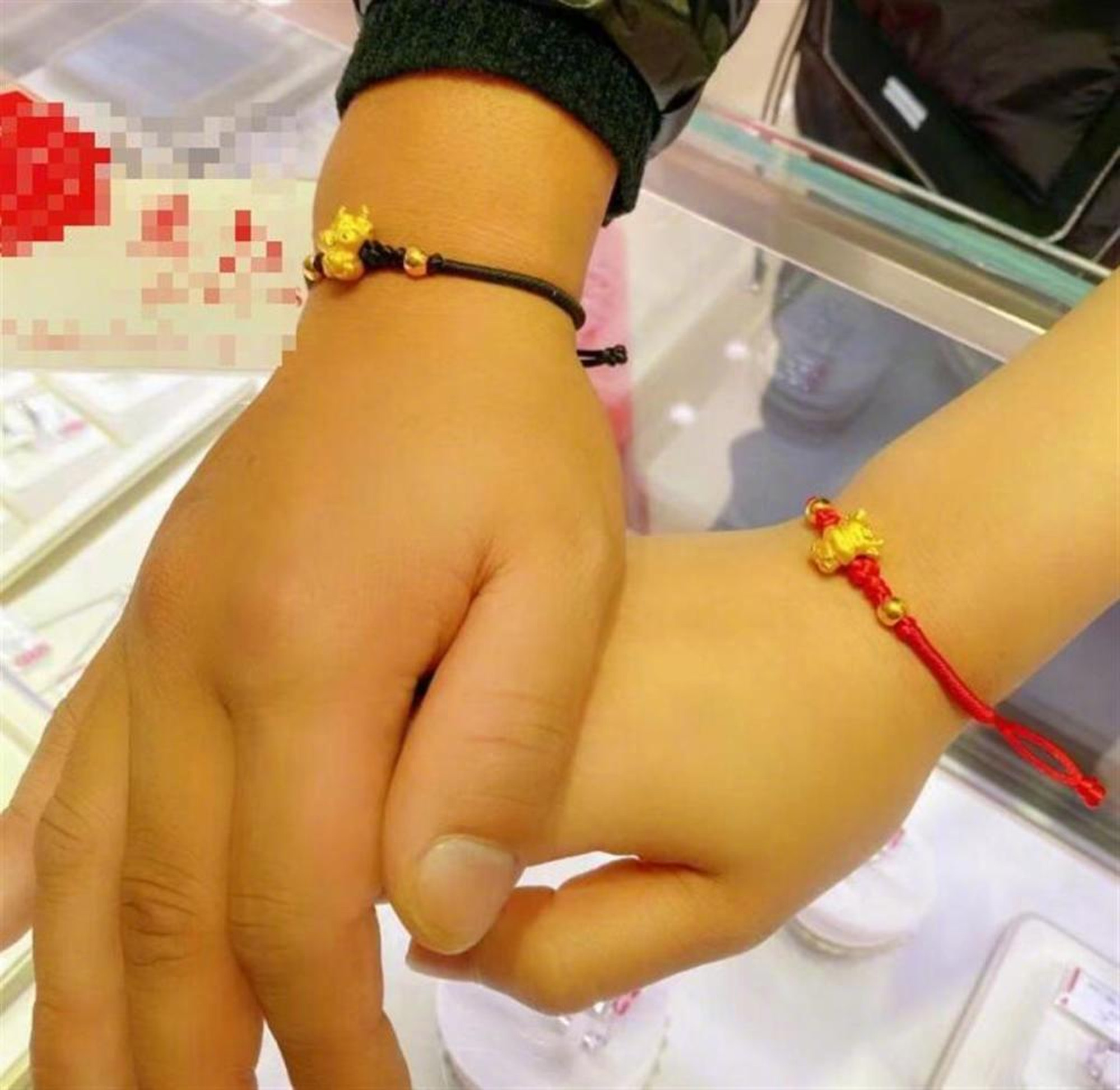
‘I want my US$20,000 back’: man in China wants divorce and wedding refund 33 days into union by hanging banner outside wife’s home
- A man seeking a wedding costs refund from his wife with a banner and loudspeaker outside her home trends in China
- The couple met through a matchmaker and got engaged 3 days later before marrying in a lavish ceremony in January this year
A man in China who borrowed heavily to pay for his 510,000-yuan (US$72,000) wedding, which fell apart just 33 days later, has demanded his bride refund a substantial part of their marriage costs.
The 25-year-old man, surnamed Hou, from Henan province in central China, trended on mainland social media after launching a one-man campaign late last month seeking the return of 140,000 yuan (US$20,000) he spent on the wedding, reported Jimu News.
The couple were introduced to each other by a matchmaker in 2021 and were engaged just three days later.
The money used to cover the couple’s lavish wedding had come from Hou and his parents, who all took on extra part-time work to raise the funds, while some money was borrowed from other relatives.

Hou kicked off his refund campaign by hanging a banner on his car and using a loudspeaker to call out his demand for compensation outside the home where his estranged wife, surnamed Li, lives with her parents in Biyang county, Henan province.
Hou said Li moved out of their home following an argument after he fell asleep at home and she was locked out late at night after finishing work, just one month after they tied the knot in late January.
He applied to a local court for a divorce, but this was refused in June after Li claimed they were happily married, according to a verdict by the Biyang County People’s Court. Hou has lodged an appeal, which will be heard next month.
“We lived close to each other, just 3km apart, when we met via a matchmaker. We felt good about each other and were engaged just three days after that,” Hou said.
The cost of the couple’s wedding was lavish by the standards of Henan province, where the average annual income was just 22,000 yuan (US$3,100) last year.
The expenses included a car, cash for the bride price asked for by Li’s family, and some betrothal gifts.
Hou borrowed 160,000 yuan from relatives, with the rest coming from his parent’s savings and the money they and Hou made by working odd jobs far from home.

“We only want the return of the jewellery we bought her, which is worth over 40,000 yuan, and 100,000 yuan in cash,” Hou said.
The story of the couple’s marriage breakdown has triggered heated online discussion in mainland China, where surging wedding costs, particularly in smaller cities and rural areas, are an increasingly large financial burden for many families.
“More of these cases should be made public. In Henan, the bride price is normally more than 100,000 yuan. It’s common for parents to borrow money when their sons get engaged,” one Weibo user commented.
The Chinese government has rolled out directives aimed at reforming wedding traditions and encouraged more frugal spending on gifts and wedding receptions in recent years, but despite these efforts bride prices have continued to rise, often costing hundreds of thousands of yuan (tens of thousands of US dollars).

